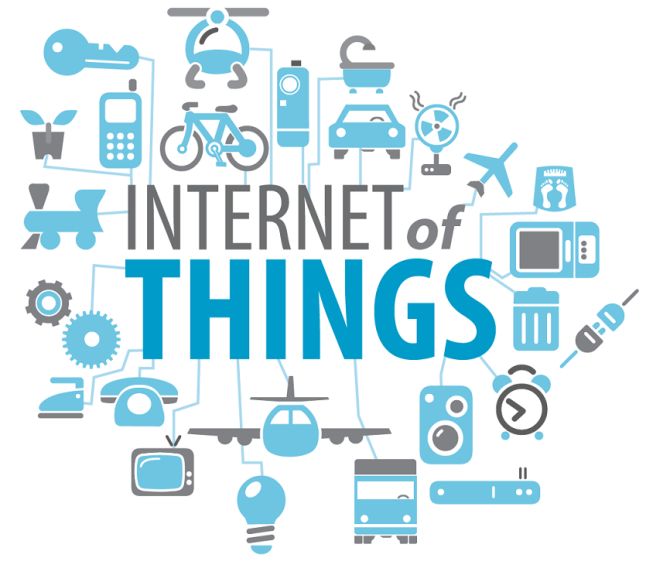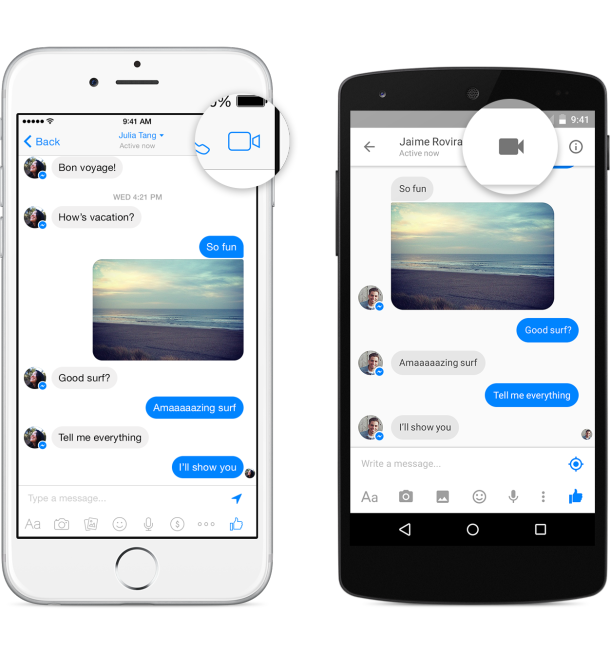How many times have you been on public Wi-Fi and needed to
transmit some form of private, sensitive data? The answer is usually to
wait until you get back to the office or home, when you're connected to a
wireless connection you can trust. Soon, that will no longer be
necessary, as Google plans on rolling out their own VPN service.
The
Google VPN can be found in Android 5.15 -- however, it isn't ready yet
for prime time. But when a viable version does finally roll out, you can
be sure this will be a feature many business professionals will want to
take advantage of.
My major question, regarding a Google
VPN, is whether or not it speaks to Google's bigger plans. Yes, I'm
talking about Google Wi-Fi. Imagine having Google wireless available as
well as being able to connect to a Google VPN to ensure the security of
your data. This could be a game changer for many users.
There
is one major caveat to this -- if you don't have Lollipop, you need not
apply. That's more of an issue than one might think. Consider that less
than 2% of Android devices are using Lollipop, and only a fraction of
those device have Android 5.1 (the iteration that includes the slightest
hint of the VPN service), very few will actually be able to experience
the VPN service -- even when it's ready for prime time. That's right, if
you don't have at least Android 5.1, there will be no Google VPN
available.
Some people might simply say "Use your
provider network to ensure your data security." But not all providers
are created equal. Data breaches happen. AT&T, Verizon, and T-Mobile
all have suffered data breaches. Take a look at
this interactive chart
that offers information on the largest data breaches across the world.
On that chart, locate Google. It's not as easy as you might think.
Considering the amount of data that passes through the Google systems
and services on a daily basis, you'd think the search giant would rank
near the top. The truth of the matter is that Google properties are one
of the most secure on the internet. With that in mind, who would you
rather trust securing your data? The small coffee shop you use as your
office? Your carrier?
Not me. I'll trust Google every time.
Of
course, there will always be naysayers who refuse to trust Google with
their data -- or even their internet searches. That, in my opinion,
isn't an issue that takes data security into account. Those who don't
trust Google are looking at the issue with personal privacy in mind. But
we all know that having a connected life these days is akin to handing
over at least a modicum of your personal privacy.
1.Amazon will know what you like to shop for
2.Facebook will know how to target ads to you
3.Google will know what you search for
Yes,
there are steps to take to prevent the above, but it's an active,
on-going process -- one that most average users aren't willing to take.
But the idea of data security should be considered far more important
than the privacy of your online search patterns. And this Google VPN
service (when it rolls out) will go a very long way to securing that
data. It could be a major game changer for on-the-go power users,
especially those whose companies either do not have a VPN setup or have a
poorly configured VPN (which occurs more often than you'd think).
There are also people who will
point to a number of VPN clients/services already available on the
Google Play Store. However, these would require you to hand over your
data security (in some cases) to small companies that can't possibly
stand up to the level of security offered by Google.
Personally,
I think the Google VPN service is long overdue. I've connected to open
Wi-Fi and limited my usage too often because the network simply could
not be trusted. Having a built-in VPN ready for action would render this
fear unnecessary.
Now, all I have to do is finally get the Lollipop upgrade.
What
do you think? Is the Google VPN a good idea, a bad idea, or something
you'll never try? Let us know your thoughts in the discussion thread
below.






